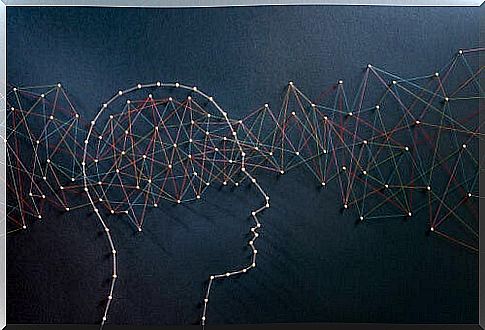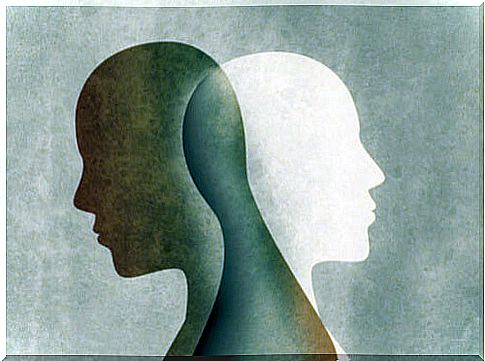The Myth Of Mental Illness By Thomas Szasz

Thomas Szasz proposes a definition of mental illness that may have been useful in the 19th century, but is scientifically unnecessary and socially harmful today. Starting from this premise, this precursor of antipsychiatry begins a “destructive analysis” of this concept to later build a systematic theory of personal behavior.
If all human behavior is understood and studied, it must be like a special type of communication that occurs within the framework of certain roles and established rules. To understand a “mental illness” is to decipher its message and deduce the rules of the game.
Thomas Szasz takes hysteria as an example and analyzes the flaws of classical and contemporary interpretations. It postulates a theory of human life as a game that places man in his present context and rescues his freedom as a power to decide; that which, in the author’s opinion, allows the integration of psychology, sociology and ethics.

Thomas Szasz’s view on mental illness
Thomas Szasz published The Myth of Mental Illness in 1961. He began a broad discussion on how best to understand the concept of mental illness and its relationship to physical illness.
Szasz’s work was (and still is) the subject of significant debate. Szasz’s main claim is that the psychiatric field and its concomitant conception of mental illness is based on a grave, albeit simple, error.
The mistake is to confuse what is real with what is simulation; literal meaning with metaphorical meaning; medicine with morals. For Thomas Szasz, mental illness is a metaphorical illness.
Mental illness must be understood as a metaphorical illness, according to Szasz, because it results from doctors making a kind of category error using concepts derived from a disciplinary body, medicine, and the natural sciences.
Physical illness and mental illness
According to Szasz, the proper world view of the natural sciences is to interpret their objects of study as laws. All knowledge in this domain would be reducible and explainable in terms of physicalism.
Medicine, being a branch of science, understands disease in this model. A malfunctioning heart valve has a characteristic physical discontinuity with a functional one, it has typical effects on valve function. These effects are identifiable regardless of the patient’s symptoms.
Treatment for medical conditions is based on a completely physical picture of how the human body works. Szasz believed that embracing the concept of physical illness in the realm of mental illness is fundamentally incompatible with our concept of mental illness.
Thomas Szasz: difference between physical illness and mental illness
Thomas Szasz proposes two lines of argument:
- The first is that mental illnesses, unlike physical illnesses, are not usually reduced to biophysical causes. If biological dysfunction cannot be used as a basis for delimiting mental illness, then the only option left is to appeal to non-normative behavior – which deviates from what the majority do.
- The second is that Szasz argues in behavioral science, the logic of physicalism is obviously false: it neglects the differences between people and things and the effects of language on each one ”. Szasz’s argument here is sometimes interpreted as an appeal to dualism.
Although we may behave in a disruptive way, it does not mean that we are sick. For a true disease to exist, the entity must be capable of being scientifically measured or proven.
According to Szasz, a disease must be detected at an autopsy and meet the definitions of pathology rather than being decreed by votes by members of the American Psychiatric Association.
Are Mental Illnesses Real?
Mental illnesses are not real illnesses, argues Szasz, who places them in the category of metaphorical language.
Psychiatry, Szasz claims, is a pseudoscience that parodies medicine by using terminology that sounds like medicine – terminology that has been invented in the last hundred years. Besides pseudoscience, psychiatry is a social control system, not a branch of medicine according to Szasz.
The physical world is deterministic, but the mental world requires particularizations and exceptions. Because the biopsychosocial model uses the natural sciences in an area where they should not be applied (human behavior); Mental illness, as a concept derived from the natural sciences, is a myth resulting from this categorization error.
However, to say that mental illness is a myth does not mean to denigrate the people who suffer. Szasz intends to more accurately classify your suffering as a result of a breach of social, legal or ethical standards.

Criticisms of Thomas Szasz
Critics of Szasz have responded on several lines. Some support his concept of disease, others disagree that there are certain rules of natural phenomena that cannot be applied to human beings.
Mental illnesses, according to these critics, have been (or will soon be) reducible to the category of neurological or neurochemical dysfunctions.
They argue that advances in neuroscience give us reason to think that the possibility of finding neurological or neurochemical correlates for at least some of our categories of mental illness is high (Bentall 2004). Other critics have argued instead in the other direction, attacking Szasz’s interpretation of physical illness.
Others have tried to add weight to Szasz’s main claim: the general category of mental illness will prove to be an unnatural interactive type, reflecting our values and practices, while maintaining that “particular types of mental illness may still constitute scientific types. valid “.









